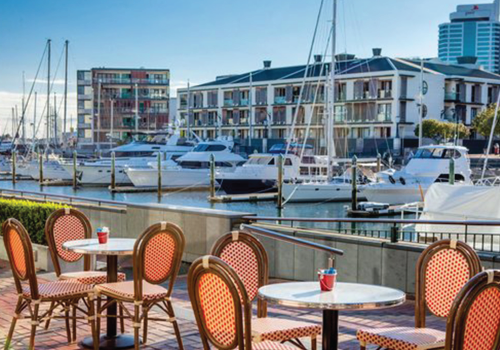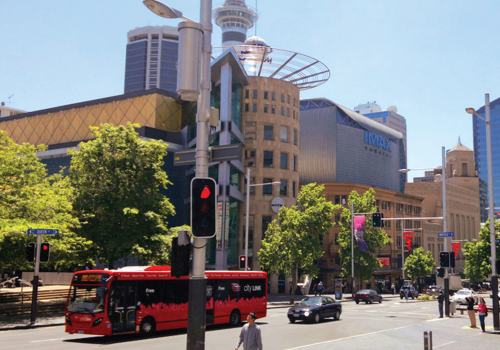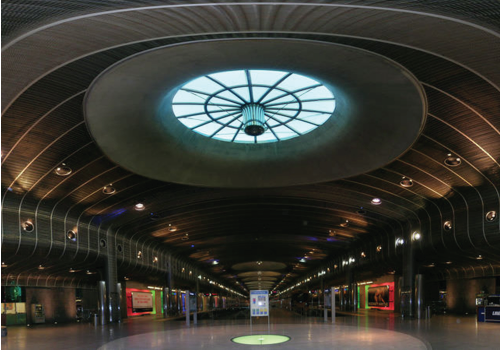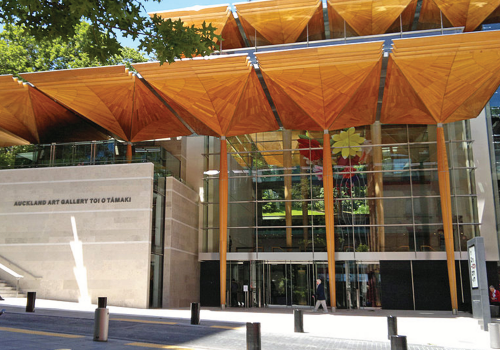New Zealand is a stunning country with a multicultural population of over 5 million people. The nation has a thriving cultural scene, with a diverse population of Europeans, Māori, Pacific Island, Asians, and others.
The people of New Zealand, commonly known as Kiwis, are known for their friendly and laid-back nature. They enjoy meeting individuals from various cultures and embody the essence of manaakitanga, which is hospitality.
New Zealand is an English-speaking country with a British heritage, but it doesn’t have the regional accents and dialects of Britain or the USA. New Zealand English spelling and grammar are almost identical to the British with some vocabulary similarities to that of the United States. One of the things that enriches the vocabulary of New Zealand English different from other varieties of English is its incorporation of words from Māori, especially for flora, fauna and natural and cultural features. Our education system is highly respected worldwide. If you’re looking for a safe country to study in and meet friendly people, New Zealand is the perfect option for you.
New Zealand is known for exporting products like fish, meat, fruits, dairy products, wine and timber. The country is also leading in areas like information technology and biological and medical research. New Zealand is also gaining popularity in areas such as tourism and education. All in all, New Zealand is a great place to STUDY, WORK, and LIVE.













